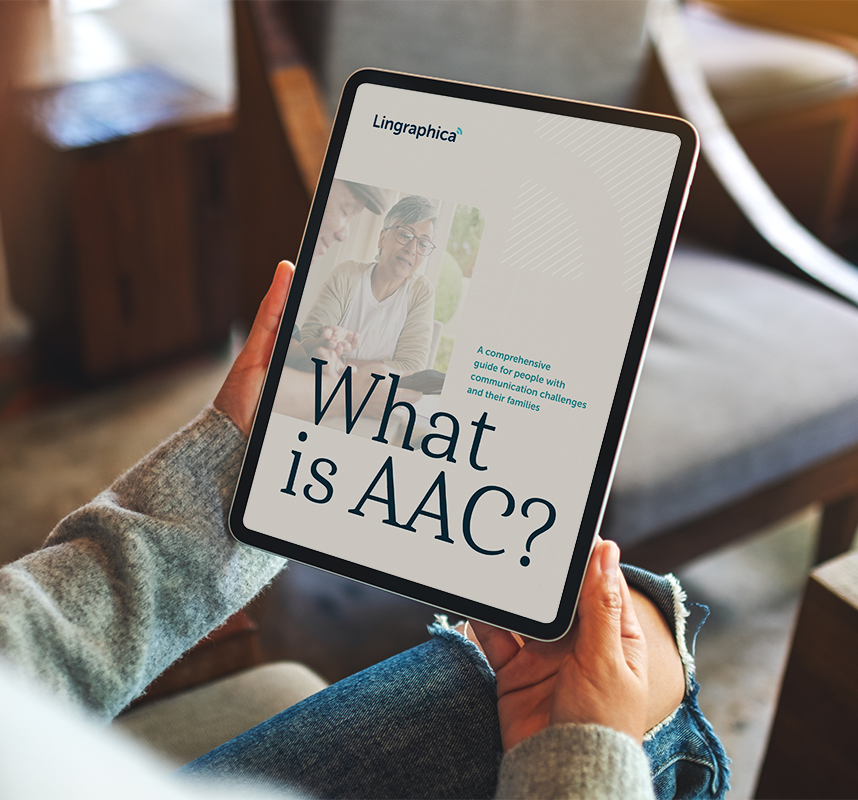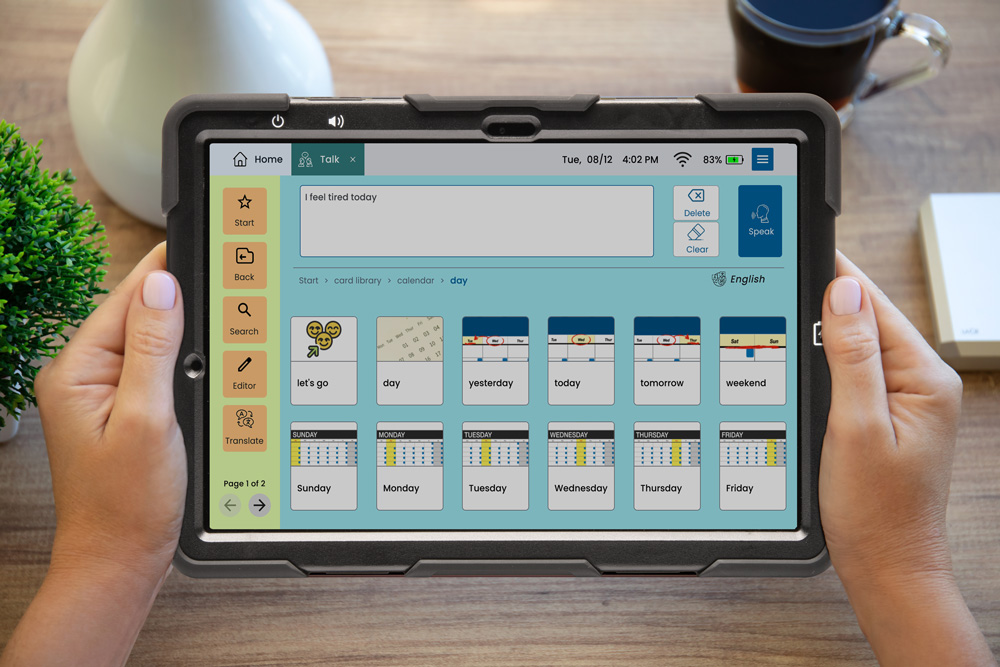This information is available in print upon request.
- Supplier Business Services Requirements
- Administration
- The supplier shall have one or more individuals who perform leadership functions, with the authority, responsibility, and accountability to direct the organization and its key activities and operations.
- The supplier shall govern its business so that it obtains and provides appropriate quality equipment, item(s), and service(s) to beneficiaries.
- The supplier shall have a physical location and display all licenses, certificates, and permits to operate. The licenses, certificates and permits must be displayed in an area accessible to customers and patients. The supplier shall provide copies, upon request, to government officials or their authorized agents.
- The supplier shall provide only durable medical equipment, prosthetics, orthotics, and supplies (DMEPOS) and other items that meet applicable Food and Drug Administration (FDA) regulations and medical device effectiveness and safety standards. The supplier shall obtain from the manufacturer copies of the features, warranties, and instructions for each type of non-custom fabricated item.
- The supplier shall comply with all Medicare statutes, regulations, manuals, program instructions, and contractor policies and articles.
- The supplier shall implement business practices to prevent and control fraud, waste, and abuse by using procedures that articulate standards of conduct to ensure the organization’s compliance with applicable laws and regulations; and designating one or more individuals in leadership positions to address compliance issues.
- Financial Management
- The supplier shall implement financial management practices that ensure accurate accounting and billing to beneficiaries and the Medicare program. Financial records shall be accurate, complete, current, and reflect cash or accrual base accounting practices.
- The supplier shall maintain accounts that link equipment and item(s) to the beneficiary and manage revenues and expenses on an ongoing basis, as they relate to beneficiary services, including reconciling charges to beneficiaries for equipment, supplies, and services with invoices, receipts, and deposits; planning to meet the needs of beneficiaries and maintain business operations by having an operating budget, as appropriate to the business’s size and scope of services; and having a mechanism to track actual revenues and expenses.
- Human Resources Management
- The supplier shall implement policies and issue job descriptions that specify personnel qualifications, training, certifications/licensures where applicable, experience, and continuing education requirements consistent with the specialized equipment, items, and services it provides to beneficiaries; provide copies of such policies, job descriptions and certifications/licensures (where applicable) upon request to accreditation organizations and government officials or their authorized agents; and verify and maintain copies of licenses, registrations, certifications, and competencies for personnel who provide beneficiary services.
- Technical personnel shall be competent to deliver and set-up equipment, item(s) and service(s) and train beneficiaries and/or caregiver(s).
- Professional personnel shall be licensed, certified, or registered and function within their scope of practice as required by the State standards under which the professional is licensed, certified or registered.
- Consumer Services
- When providing equipment, item(s), and service(s) to beneficiaries and/or caregiver(s), the supplier shall provide clear, written or pictorial, and oral instructions related to the use, maintenance, infection control practices for, and potential hazards of equipment and/or item(s) as appropriate; provide information regarding expected time frames for receipt of delivered items; verify that the equipment, item(s), and service(s) were received; document in the beneficiary’s record the make and model number or any other identifier of any non-custom equipment and/or item(s) provided; provide essential contact information for rental equipment and options for beneficiaries and/or caregiver(s) to rent or purchase equipment and/or item(s), when applicable; and provide information and telephone number(s) for customer service, regular business hours, after-hours access, equipment and/or item(s) repair, and emergency coverage.
- If the supplier cannot or will not provide the equipment, item(s) or service(s) that are prescribed for a beneficiary, the supplier shall notify the prescribing physician or other health care team member(s) promptly within 5 calendar days.
- Within 5 calendar days of receiving a beneficiary’s complaint, the supplier shall notify the beneficiary, using either oral, telephone, e-mail, fax, or letter format, that it has received the complaint and is investigating. Within 14 calendar days, the supplier shall provide written notification to the beneficiary of the results of its investigation. The supplier shall maintain documentation of all complaints received, copies of the investigations, and responses to beneficiaries.
- Performance Management
- The supplier shall implement a performance management plan that measures: outcomes of consumer services, billing practices, and adverse events. The data collection may target certain aspects of services that have a potential to cause harm or injury; occur frequently (creating a greater than expected number of adjustment(s), repair(s), or replacement(s)); or require significant instruction to assure safe use and benefit of the equipment and/or item(s).
- At a minimum, each supplier shall measure beneficiary satisfaction with and complaints about product(s) and service(s); timeliness of response to beneficiary question(s), problem(s), and concern(s); Impact of the supplier’s business practices on the adequacy of beneficiary access to equipment, item(s), service(s), and information; frequency of billing and coding errors, errors the supplier finds in its own records after it has been notified of a claims denial); and adverse events to beneficiaries due to inadequate service(s) or malfunctioning equipment and/or item(s) (e.g., injuries, accidents, signs and symptoms of infection, hospitalizations). This may be identified through follow-up with the prescribing physician, other healthcare team member(s), or the beneficiary and/or caregiver(s).
- The supplier shall seek input from employees, customers, and referral sources when assessing the quality of its operations and services.
- Product Safety
- The supplier shall:
- Implement a program that promotes the safe use of equipment and item(s) and minimizes safety risks, infections, and hazards both for its staff and for beneficiaries.
- Implement and maintain a plan for identifying, monitoring, and reporting (where indicated) equipment and item(s) failure, repair, and preventive maintenance provided to beneficiaries.
- Investigate any incident, injury or infection in which DMEPOS may have contributed to the incident, injury or infection, when the supplier becomes aware. The investigation should be initiated within 24 hours after the supplier becomes aware of an incident, injury or infection resulting in a beneficiary’s hospitalization or death. For other occurrences, the supplier shall investigate within 72 hours after being made aware of the incident, injury or infection. The investigation includes all necessary information, pertinent conclusions about what happened, and whether changes in system(s) or processes are needed. The supplier should consider possible links between the equipment, item(s) and service(s) furnished and the adverse event.
- Have a contingency plan that enables it to respond to emergencies and disasters or to have arrangements with alternative suppliers in the event that the supplier cannot service its own customers as the result of an emergency or disaster; and
- Verify, authenticate, and document prior to distributing, dispensing, or delivering products to an end-user the products are not adulterated, counterfeit, suspected of being counterfeit, and have not been obtained by fraud or deceit; and the products are not misbranded and are appropriately labeled for their intended distribution channels.
- Information Management
- The supplier shall maintain accurate, pertinent, accessible, confidential, and secure beneficiary records, in accordance with privacy and security standards of the Health Insurance Portability and Accountability Act (HIPAA) and other applicable State standards
- Administration
- Supplier Product-Specific Service Requirements: All DMEPOS must serve a medical purpose to be covered under the Medicare program and may require the prescribing physician to collaborate and coordinate clinical services with other healthcare professionals.
- Intake & Assessment
- The supplier shall consult with the prescribing physician as needed to confirm the order and to recommend any necessary changes, refinements, or additional evaluations to the prescribed equipment, item(s), and/or service(s).
- The supplier shall review the beneficiary’s record as appropriate and incorporate any pertinent information, related to the beneficiary’s condition(s) which affect the provision of the DMEPOS and related services, or to the actual equipment, item(s) and service(s) provided, in collaboration with the prescribing physician; and the DMEPOS prescription, any certificates of medical necessity (CMNs), and pertinent documentation from the beneficiary’s prescribing physician shall be kept unaltered in the beneficiary’s record.
- Delivery & Set-up
- The supplier shall deliver and set-up, or coordinate set-up with another supplier, all equipment and item(s) in a timely manner as agreed upon by the beneficiary and/or caregiver, supplier, and prescribing physician; provide all equipment and item(s) that are necessary to operate the equipment or item(s) and perform any further adjustments as applicable.
- The supplier shall provide, or arrange for, loaner equipment equivalent to the original equipment during any repair period.
- The supplier shall assure that all equipment and item(s) delivered to the beneficiary is consistent with the prescribing physician’s order and identified beneficiary needs, risks, and limitations of which the supplier is aware.
- Training/Instruction to Beneficiary and/or Caregiver(s)
- The supplier shall, as applicable provide, or coordinate the provision of, appropriate information related to the set up, features, routine use, troubleshooting, cleaning, infection control practices, and maintenance of all equipment and item(s) provided; provide relevant information and/or instructions about infection control issues related to the use of all equipment and item(s) provided; for initial equipment and/or item(s) provided by mail order delivery: Verify and document in the beneficiary’s record that the beneficiary and/or caregiver(s) has received training and written instructions on the use of the equipment and item(s); and ensure that the beneficiary and/or caregiver(s) can use all equipment and item(s) provided safely and effectively in the settings of anticipated use.
- Beneficiary and/or caregiver(s) training and instructions shall be commensurate with the risks, complexity, and manufacturer’s instructions and/or specifications for the equipment and item(s). The supplier shall tailor training and instruction materials and approaches to the needs, abilities, learning preferences, and language of the beneficiary and/or caregiver(s).
- The supplier shall provide follow-up services to the beneficiary and/or caregiver(s), consistent with the type(s) of equipment, item(s) and service(s) provided, and recommendations from the prescribing physician or healthcare team member(s).
- Intake & Assessment






